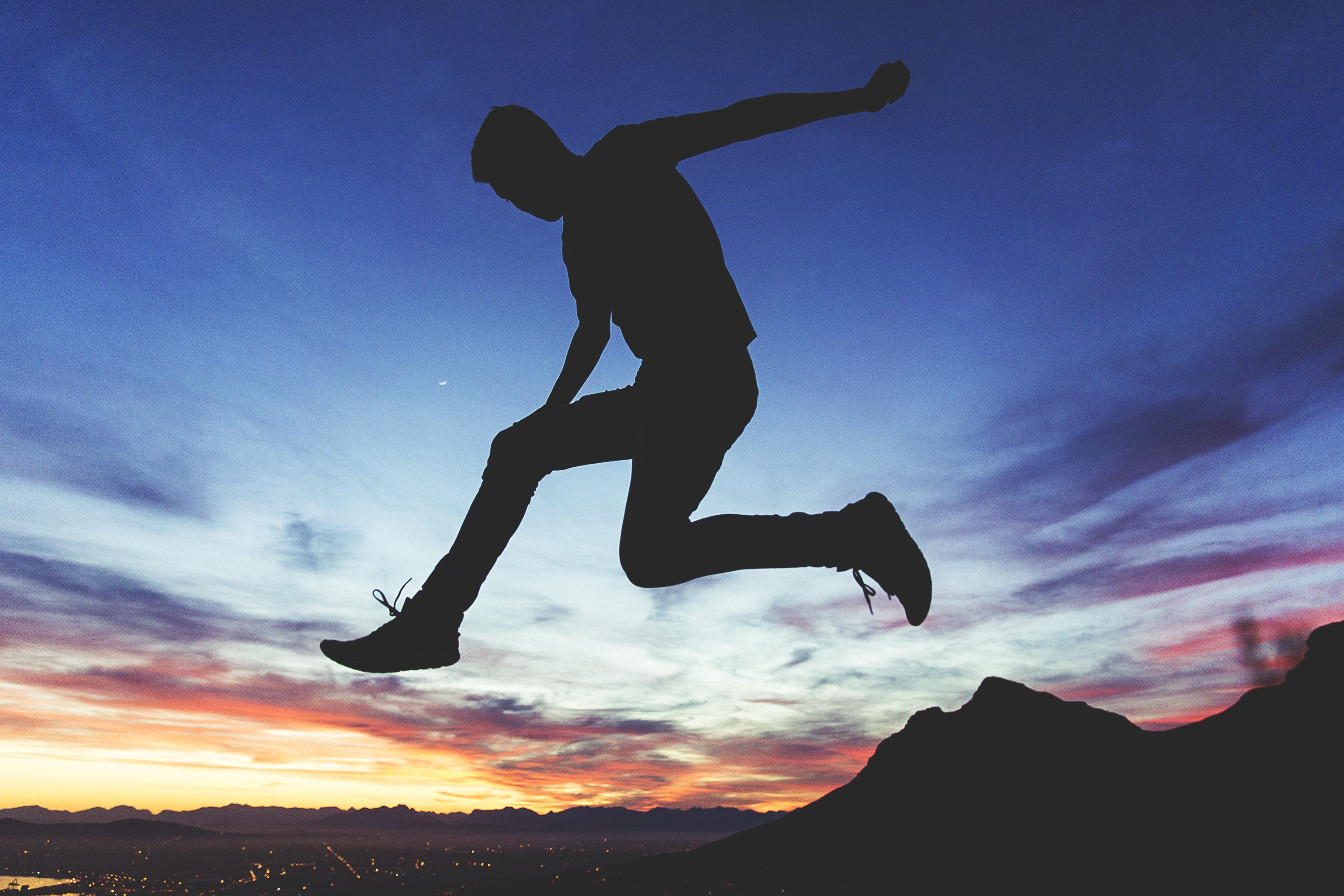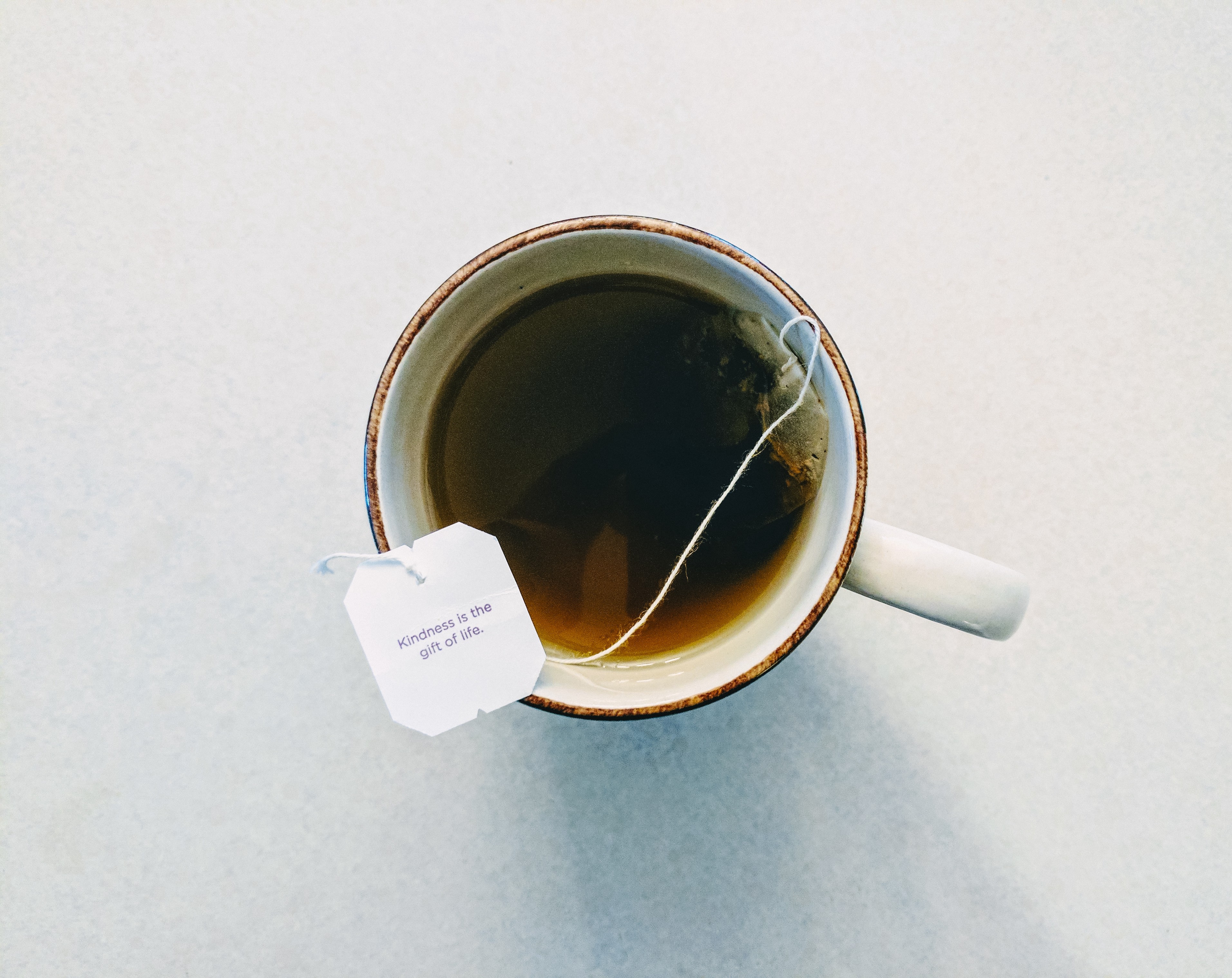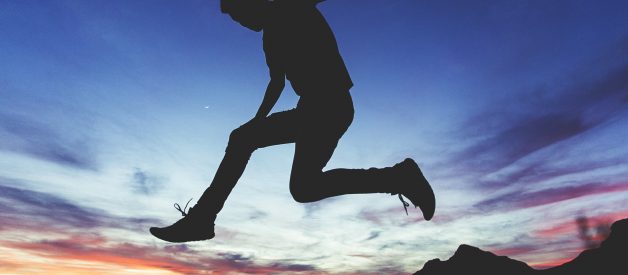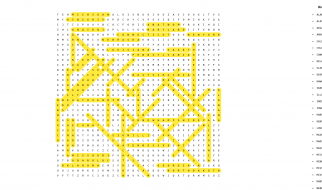I used to drink coffee on a daily basis since I was a teenager.
Every now and then I toyed with the idea of drinking less coffee, but I never made an attempt at giving it up. Tolerance develops quickly when you drink it regularly and I hadn?t felt the waking effect in a long time. I drank coffee for no particular reason other than having come to like its taste.
Two weeks ago I stopped cold turkey. Here?s the backstory, how I did it, and what I noticed since making the change.
Coffee had been my constant companion since I was a teenager. At home, in school, at the university. I was hooked on the stuff early on, partly because my parents used to drink the black energy liquid one cup after the other when I grew up.
It was normal to drink coffee. For breakfast, after and during lunch or dinner, or in-between whenever one felt like it. We would walk over to the machine, place a cup under the dispenser and wait for the rhythmic noises in anticipation of the delicious odor that would soon fill the air. Coffee was my family?s hot beverage of choice. It was the default option.
In high school, we had coffee machines at the canteen and I would pour myself a cup whenever I had the chance to do so.
During the first years at the university, I regularly drank coffee from vending machines around the campus, but it was during my Master?s that I increased my consumption even more. I picked up the idea that ?science is fueled by caffeine? and made sure to be part of it.
After starting my PhD I introduced a bunch of changes to my life and built several habits. In the course of this, I restricted myself to drink only four cups of coffee per day.
This held up for about three years. There have been exceptions of course: One day during a road trip in Arizona with friends, I bought a 1.5 liter bottle of unsweetened Starbucks espresso in a grocery store. While driving that day, I kept sipping from that bottle all day long. When we arrived at a Motel in the evening, I started to feel a little uneasy and sick and had to stop. That was the only time I can remember feeling that I had too much coffee.
Generally, though, my ?four cups? restriction held up until recently. As I worked more and more from home, my coffee consumption increased to about five or six large mugs of instant coffee per day.
 Photo by Joshua Earle on Unsplash
Photo by Joshua Earle on Unsplash
A Comfort Zone Challenge
What eventually sparked the idea to give up coffee for a while was something unexpected.
It was only after writing a story about stepping out of one?s comfort zone that I decided I could do that: I could make myself a little uncomfortable and stop drinking coffee. For the sake of a higher goal, one further down the path of my life, living healthy and avoiding consuming stuff that might not be good for me.
Thus, while writing about the idea in my diary on Monday morning (26th of March), I drank up the mug of coffee that stood beside my notebook on the table, knowing that this would be my last one. At least for a while.
No more coffee. Cold turkey. Just as I did it when I stopped smoking years ago. Whenever I thought about drinking a coffee, I simply drank a glass of water or made myself a cup of tea instead.
How I Pulled It Off
I had surprisingly little difficulty giving up coffee. I didn?t feel more tired or less alert during my days. I didn?t feel much craving for coffee. Sure, the first few days I thought every once in a while ?now I?d be drinking a coffee normally?, or ?wouldn?t a cup of coffee be great now?? But there was no strong craving, contrary to what I had expected when I began. I may just have been lucky or it might have helped that I still drink tea with caffeine and a lot of water.
Maybe I expected it to be much more difficult based on my own experience with giving up smoking about nine years ago. During the first days and weeks of doing that, I certainly felt a strong craving for nicotine. Months and even years later it would still surface at times, though luckily it eventually vanished.
Whether that is just due to the difference in the substances ? nicotine is much more addictive and thus also more inclined to lead to physical withdrawal symptoms ? or also linked to how I approach behavior changes these days, I couldn?t say.
It certainly helped that I was a lot around my girlfriend these days, who rarely drinks anything else than water. I had her complete support all the time and no one luring me with the smell of a freshly brewed coffee or asking me to come for a coffee break with them.
I expect that it might get difficult when I?m in the office or around people who drink coffee, but by now I imagine I can instead just drink a cup of tea while they sip their coffee, and nonetheless take part in ?coffee? breaks and still have the social benefits that come with those.
What also didn?t happen were any improvements in health that were observable. Yet. I didn?t really expect anything like that, though, because a lot of these changes are subtle and will play out in the long run.
Two weeks later I can begin to assess the changes I did see.
 Photo by Drew Taylor on Unsplash
Photo by Drew Taylor on Unsplash
Results
I expect removing coffee from my drinks will have a positive effect on my overall health in the long run, particularly for the cardiovascular system.
But what changes did I notice so far?
Caffeine consumption decreased (about 80%) ?
While I still consume caffeine in the form of green and black teas, my caffeine consumption went down drastically.
According to a report from the Mayo Clinic, black tea has about one third of the caffeine content of brewed coffee, green tea about one fourth or fifth. All the other teas I drank over the time don?t have any caffeine in them.
The numbers can only be used as a rough guide, given that roast and brewing temperature, time, and amount of coffee powder and whatnot all influence how strong a coffee ends up. Still, I roughly decreased my caffeine intake from about 5?6 large mugs of coffee (~600mg) to about one black tea and maybe three mugs of green tea per day (~125mg caffeine).
While it was never the goal to quit caffeine altogether, it was clear that this would happen and that it will probably have a positive long time effect on my health.
Sugar and milk consumption dropped ?
I would usually drink coffee either in the form of a short espresso with a spoonful of sugar, or in huge mugs of coffee with a splash of milk.
I still have milk in my breakfast muesli and a little splash in my teas, but that?s it. I?d say this makes about 2dl less milk per day.
Besides coffee, I don?t usually sweeten any foods or drinks with sugar. Not even my tea. Consequently, my refined sugar intake ? at least the one I can control and isn?t hidden in processed foods ? dropped basically to zero.
Tea consumption increased ?
I decided that I still liked to have a hot beverage every now and then, especially since it?s still rather cold here at the moment, the winter hasn?t really worn off completely yet even though spring has officially begun.
Thus I began to drink more tea than I have in years. Apart from the habit of drinking a cup of green tea with my breakfast and the occasional binge-drinking of herbal teas when I have a cold or a cough, I haven?t drunken much tea over the years.
Self-image as an addict vanished
I don?t see myself as a caffeine addict anymore. That means that I don?t see myself as an addict to any substances anymore. I used to smoke, I used to binge drink alcohol, and for all these years I used to drink coffee and think of myself as someone who needs that stuff to be alert and focused at work or while studying.
By now I know that I don?t need any of these, that I can live happily without having a constant need for any specific substance. That?s a huge improvement in my own understanding of the control I have over myself, over my behavior and body. While I had learned this to a certain degree before? e.g. by establishing positive habits ? it feels still empowering to realize that there are no substances anymore which have such a power over me.
Saving money
Coffee isn?t cheap. For the capsules to the coffee machine at the office I used to buy two packs of 30 capsules for about 17 CHF (that?s about 17 USD) every three weeks. I spent less when using the instant coffee variation, but way more when buying a cup at a coffee shop every now and then. Thus, while it might not be the worst money waste, I think I can easily save the equivalent to five annual Medium membership subscriptions by switching from coffee to tea and water.
My girlfriend called me a badass
She?s all in favor of me not drinking coffee anymore. Still, she was rather surprised that I simply did that out of the blue one morning and then stuck to it for days.
Until now she?s the only person who knows about it. I assume it will get tougher when I visit my parents in whose kitchen the scent of freshly brewed coffee constantly hangs in the air.
The Overall Effect Of The Experiment
I proved to myself that I can do it. I can give up something I liked for a long time even though I knew it wasn?t good for me. If nothing else, this fuels my confidence in being able to change deliberately, to accomplish something I had not thought I would be able to do. Something I had done for years and years without questioning.
I could change. Just like that. On an ordinary Monday morning.
And that?s what I want to end this story on. We don?t have to continue doing things just for the sake of it. On any ordinary day, we have the power to question the status quo in our lives and do something about it. We can reduce negative behaviors and increase those which are positive. Every day. There?s no need for an extraordinary event to change. No New Year?s Eve or huge life event.
We all have the power to constantly change. To change our behavior. To change our lives. For the better. Every day.
Do not wait; the time will never be ?just right.? Start where you stand, and work with whatever tools you may have at your command, and better tools will be found as you go along. ? Napoleon Hill


